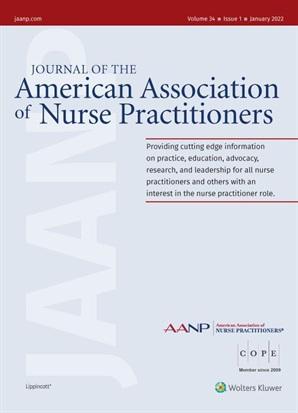Headline
Research review finds that incorporating community health workers into primary care reduced A1c levels and improved self-management and satisfaction among older adults with diabetes.
Background
The prevalence of diabetes among older adults is twice the rate of all adults and continues to rise each year. Telemedicine and community health worker programs have an increasing role in supporting this population with their diabetes care, but limited research is available on the outcomes of these interventions. This research review evaluated the impact of selected telemedicine and community health worker programs on hemoglobin A1c levels and adherence to self-management activities.
Findings
The review analyzed outcome measures from nine studies on telemedicine and/or community health worker interventions. The community health worker interventions lowered A1c levels for participants, where more frequent visits resulted in larger decreases. These programs also increased healthy food intake and confidence in disease self-management activities. Participant and provider satisfaction also improved as these interventions increased communication, engagement, and care coordination between patients and their health care provider.
Policy/Program Takeaways
Community health worker interventions can be an effective way to support older adults with diabetes. Providers and health systems can use this analysis to understand best practices related to visit frequency and outcomes measurement.

